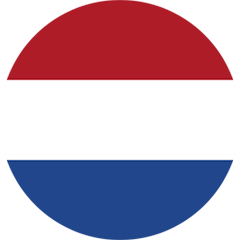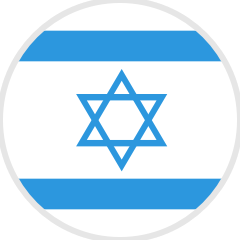Updated 11/15/2022
Part two in Reader Q&A, we’ll talk about the order that you should learn things.
Check out Part 1 and Part 3 here.
Q: I got one of the Pronounce It Perfectly books. How do I use it with your approach? Should I learn the base vocabulary concurrently?
A: I’d follow the book and put the spelling rules into my Anki deck (so words ending in ‘ou’ are pronounced /u/, and words ending in û are pronounced /y/, for example). At the point where you can easily hear the differences between words (between roux and rue, for example), and you know what to expect from a given spelling, then start adding words to your Anki deck in a hurry. At that point, you’ll know how to say 95% of the words you encounter, and if you look a word up in a dictionary and discover that it has an irregular pronunciation, then you can add that pronunciation to your Anki deck.
Also, feel free to add the example words from the Pronounce It Perfectly book into your Anki deck, as long as you can figure out a decent way to represent them without English. (And if not, then skip them for now and add them later when you’ve picked up more grammar and vocab.)
Q: I saw that your personal decks have a lot of custom model templates. Should I set up custom models right from the beginning, or start with the basic model and build from there?
A: I’m becoming a big fan of custom templates, at the very least a 3-field template where one field is always on the back side of any card. Then I can make almost every fact forward and reverse and have extra info, like word stress in Russian or example sentences on the back side for reference. As for the more complex verb templates, I’ve totally changed those around, and I’ll probably do it another few times as I learn new parts of each verb. I think verbs can be learned in a few different ways, and so the specific template isn’t so important.
Q: Is there a pre-made deck I can buy with pictures for the top 1,000 words in _____?
A: I don’t think so, though my personal decks are available on the site. Something that’s important to consider is that the building of the deck is a pretty vital part of the process; that’s where you actually learn the words. The reviews are where you review what you taught yourself while building it.
Q: What’s your daily routine? How much time do you spend studying, and what are your priorities when you have limited amounts of time?
A: I spend 30–60 minutes per day on Anki and it’s my top priority. If I miss a day then I have to do 2 days of reviews the next day and it’s uncomfortable, so I try to avoid that. Extra time is spent reading and making cards. If I’m home and doing Anki on my laptop, then I’ll make additional cards while I’m reviewing to strengthen anything I’m getting wrong often (by adding a new sentence that uses a difficult word, for example). I never stop and go back to English; the more Russian I learn, the easier it is to define complex words in Russian. I’m almost at the point where I can use the Russian Wiktionary definitions in my deck (I understand about half of them now).
Remember, you can now reach language proficiency by downloading the Fluent Forever app and signing up for Coaching right here.
Ready to make serious progress in your target language? Check out our 11 pro tips for the fastest way to learn a language.
[shareaholic app="share_buttons" id="28313910"]
















